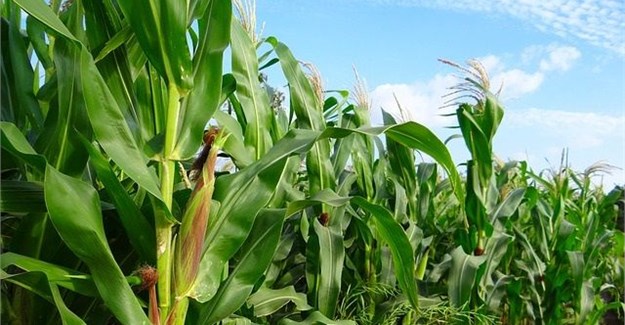
Lusaka, Tuesday, July 28, 2020: The COMESA Secretariat has developed a draft COVID-19 Regional Food and Nutrition Security Response Plan to improve agricultural productivity, enhance access to competitive markets and trade in agri-food commodities in the region.
Implementation of the Plan is expected to create synergies and complement existing initiatives in the region and Member States, targeting specific commodities and value chains that are critical for both regional and national food security and nutrition, and with strong linkage to smallholder agriculture.
Agriculture and environment experts from COMESA countries attending the 7th Joint Technical Meeting on Agriculture, Environment and Natural Resources conducted virtually, Tuesday 28 July 2020 were informed that the draft plan has been shared with their respective governments for further inputs. Once approved by Member States, it will be used to help the region address food security and nutrition needs of the populations that are most vulnerable to the pandemic.
Speaking during the official opening of the meeting, Secretary General Chileshe Kapwepwe noted that a number of agricultural projects have been put on hold in the region due to the pandemic and this will negatively affect the sector, hence the need for a strategic response plan for the next five years.
“This Plan will help the region deal with food insecurity worsened by various threats including floods, recurrent droughts, fall army-worm and the worst locust infestation in decades that have destroyed crops and vegetation,” Ms Kapwepwe added. She was represented by the Assistant Secretary General in charge of Programmes Dr. Kipyego Cheluget
According to COMESA agriculture experts, COVID-19 risks escalating further, the current food insecurity arising from the negative impact of the containment measures on the agri-food system. These include restrictions on movement and availability of labour for farm work, difficulties in moving food from rural to urban areas, limitations to agro-input supplies and availability, closed markets, restrictions on agriculture extension and advisory services and financing agricultural activities due to curtailed banking services.
“This is likely to disrupt further the entire food supply chains from production to processing, packaging, transporting, marketing and consumption resulting in rising staple food prices, food insecurity, loss of livelihoods and incomes and increased need for social safety nets,” COMESA’s Agriculture Economist, Joel Okwir said during his presentation to the meeting.
Other key supportive intervention programmes that COMESA Secretariat is implementing to support the sector include: the Regional Enterprise Competitiveness and Access to Market Programme (RECAMP), Joint Industrialization Pilot Programme between Zambia and Zimbabwe, Reinforcing Veterinary Governance (VET-GOV) in partnership with AU-IBAR – Funded by EU and AU, the Climate Change Programme, Prioritizing of Sanitary and Phytosanitary (SPS) Investments for Market Access (P-IMA), the COMESA Seed Harmonisation Implementation plan (COMSHIP), the Biotechnology and Biosafety Programme and the CBC Agro-Industry Seed.

